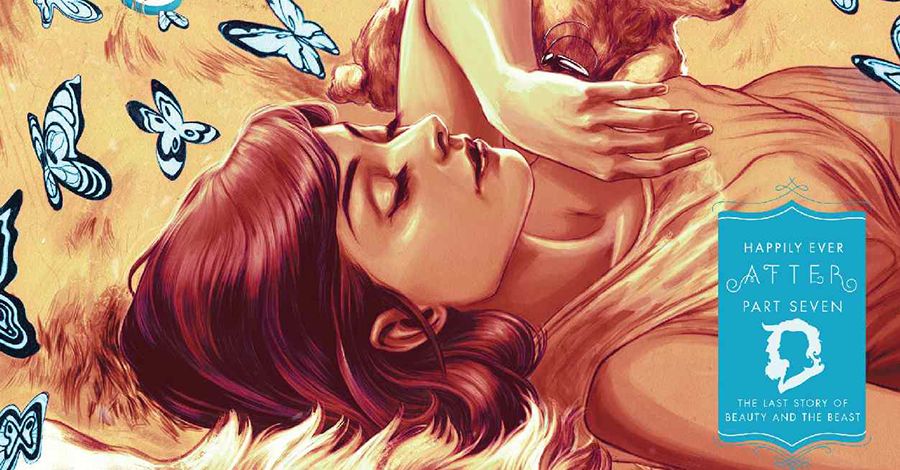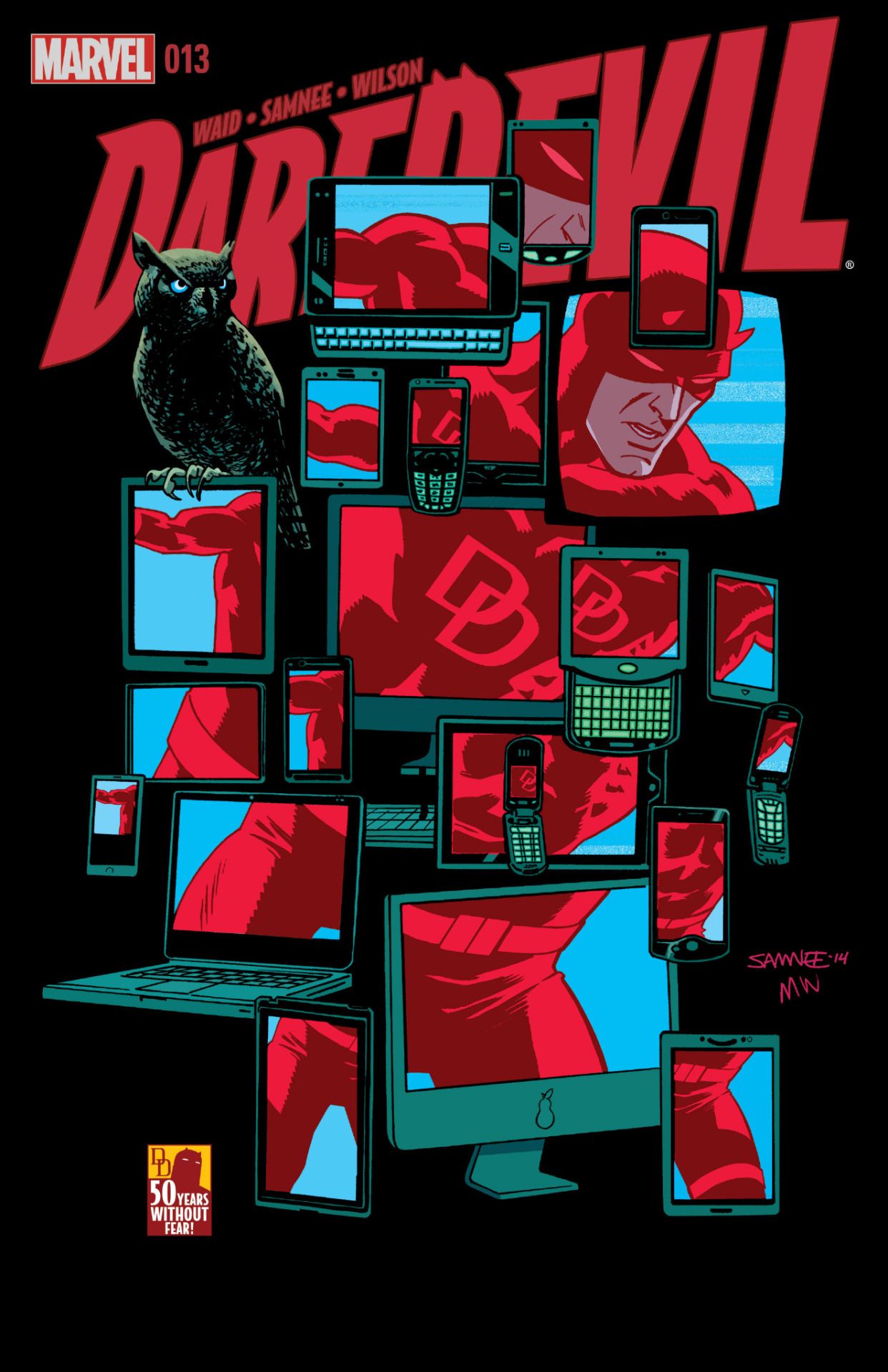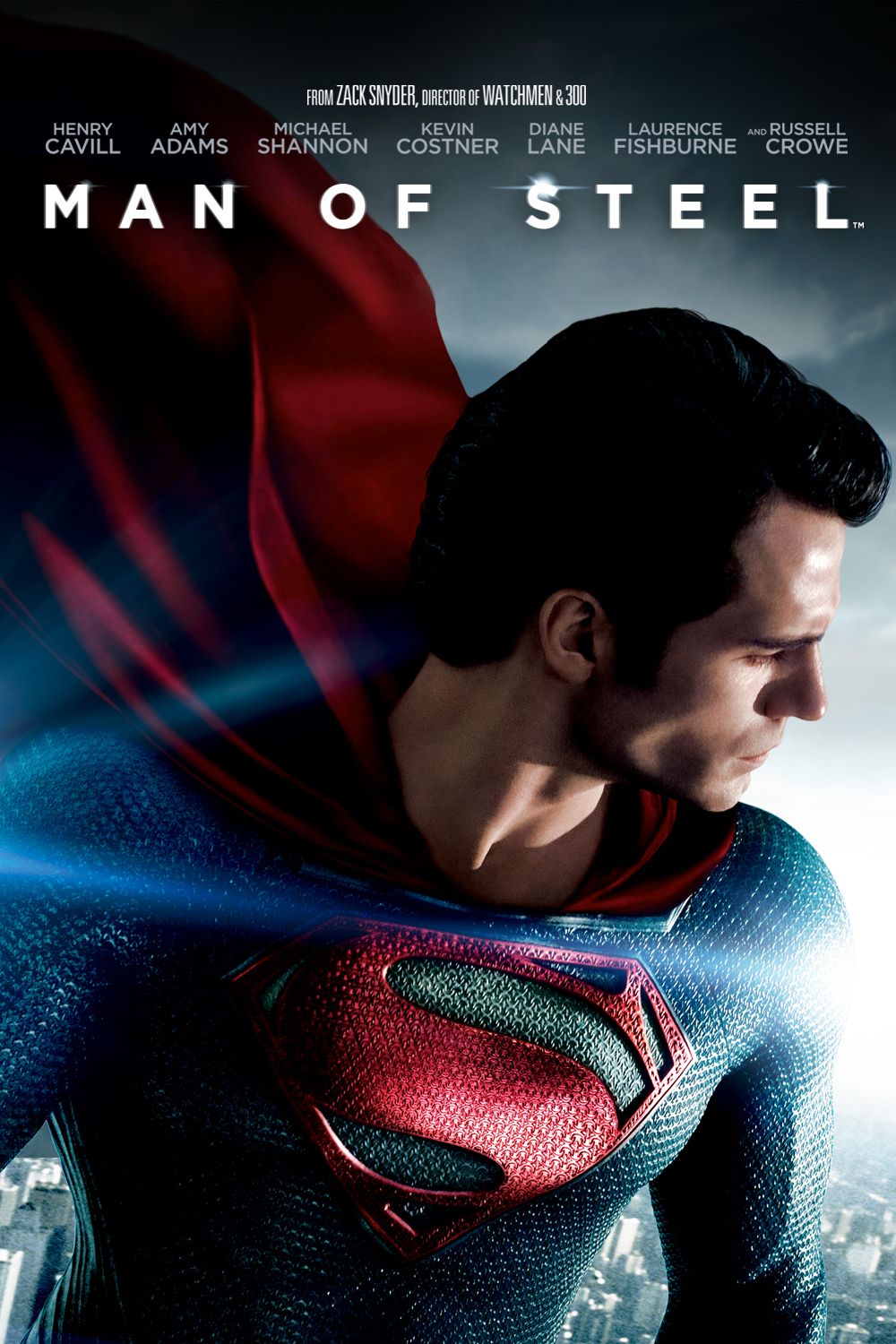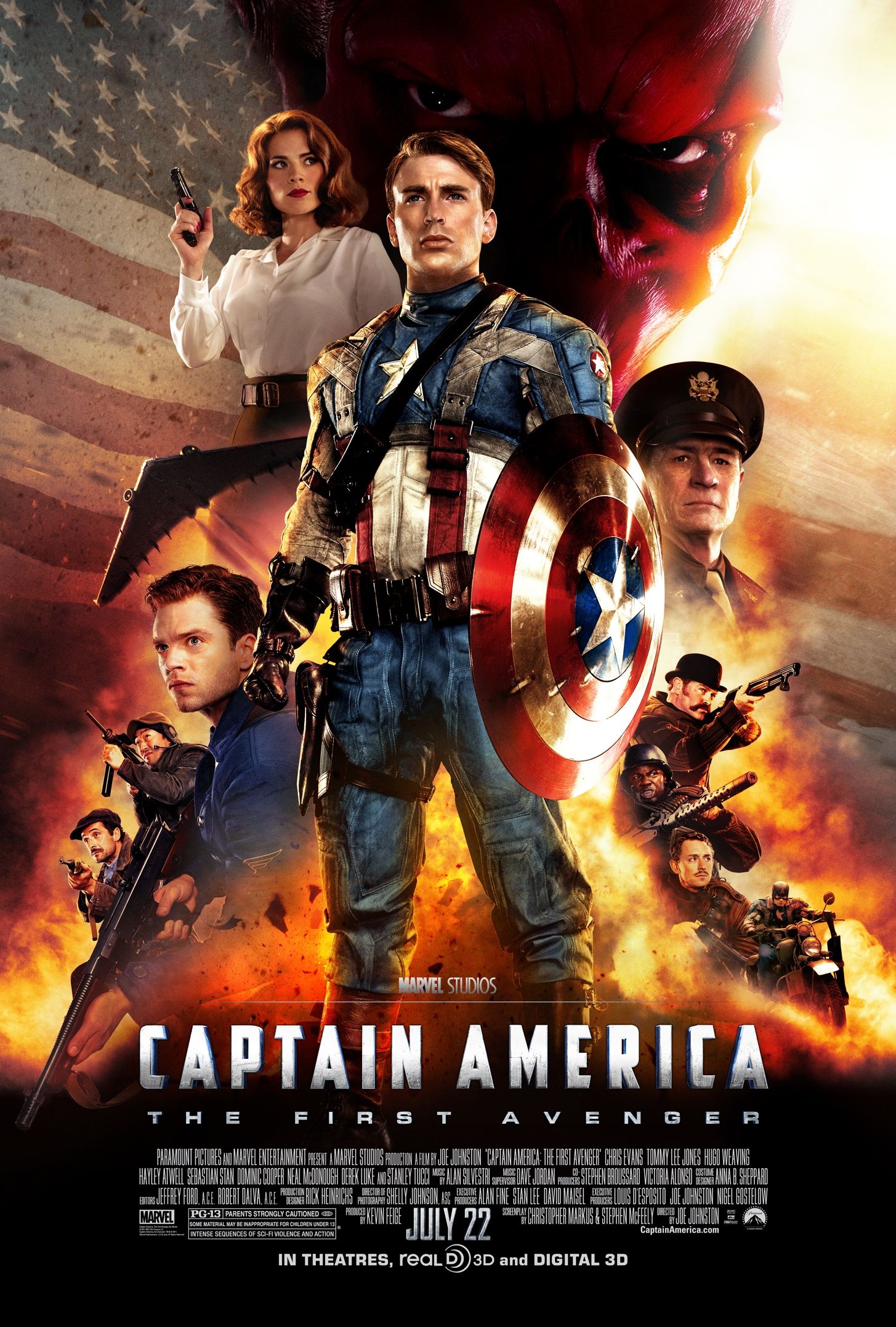Set up as a clash of ideologies between left-leaning Mark Waid and the conservative Bill Willingham on a full range of topics vital the future of the medium we love, C2E2's "Mark and Bill Fix Comics" panel found the two veteran creators agreeing more often than not -- or, at least, united in principle if not in details. Bipartisanship in comics may be alive and well, but Waid and Willingham did share some unexpected insights from their long careers in the field.
"One of the biggest problems in comics is comics writers not showing up for their panels," Willingham joked when Waid had not yet appeared five minutes before the panel's scheduled start "If he doesn't show up, it's you who suffers, because I like to fill the time with sing-a-longs."
"I think this is like a sports thing, where if doesn't show, I win every argument," he continued, but then Waid walked into the room, just on time.
"I'm a freelancer, I'm never late," Waid said.
"Just for the record, how many of you came expecting some of your problems with comics get solved?" Willingham joked.
"He is one of the most articulate on the cuff and off the cuff speakers on panels," Willingham said of Waid, "and we are about as far apart on the political spectrum as possible -- he is seated to your left for a reason."
Waid Talks Exploring the Family History of "Princess Leia"
Introducing himself, Waid said he'd been writing comics for 30 years -- "I've written... all of them." -- and runs the online publisher Thrillbent as well as owning Aw Yeah Comics in Muncie with Christy Blanch.
Willingham, of course, is best known for "Fables" but has also written many independent and company-owned series, notably his early creator-owned series "Elementals."
The format of the panel had Waid and Willigham drawing topics out of a fez -- both have seen the questions in advance -- and they debated as many of them as time allowed. The first topic was in the subject of "Comics -- Wider Culture," asking, "Comic movies are great/suck -- pick one!"
"On the whole, great," Waid said.
"But!" Willingham interjected, noting that the current period is a comics movie renaissance. Willingham then recalled that Waid had a problem with "the new Superman."
"Oh! 'Man of Steel,'" Waid said after a pause. "You said 'Superman' and it threw me."
"Because he doesn't appear in the movie?"
Waid said the movies work best when "they're not ashamed of the source material" and embrace the tropes rather than "trying to make it more like the real world."
"You can tip too far in one direction, like 'Green Lantern,' where no one behaves like any human I've ever met, or 'Man of Steel,' which asks what Superman would do in the real world. And the answer is, I don't care," Waid said.
Willingham said it was unfortunate that they were beginning the panel in agreement. He cited the "informal rivalry" between Marvel movies and DC movies, which Marvel dominated early. "Then 'Dark Knight' came out and it kicked ass," said Willingham. "That was an incredible exploration of the Batman character that just draws you in and has you debating along with the characters what the right thing to do is." The writer noted that the success of "Dark Knight" led DC executives to think, "Oh, now we get it, the trick is, make these things darker. The next Superman should be darker. "These are your characters! Have you met them? Yes, Batman is dark. Because Batman is dark."
"On paper, it makes sense, you're a bean-counter," Waid interjected. "'Batman' movies made a gazillion dollars. And 'Green Lantern' movie made nine dollars. If you're going to err making a multimillion dollar franchise, err on the side of Batman." Waid said he "understands" the point of view, but "it is misguided."
Willingham and Waid joked about the premise of the earlier "Superman Returns" being predicated on Superman being a "deadbeat dad" and a "stalker," but despite these (and other) problems, that film is not wholly without merit, they said. "There is nothing I can say to defend 'Superman Returns' as a better movie than 'Man of Steel;' all I can say is that the ten-year-old in me loved the Superman stuff," Waid said. Both writers praised the scene where the hero rescued the plane. "I have that scene on my iPhone, on my iPad," Waid said. When all Superman merchandise included free tickets, he would drop into a theater while walking around LA, timed perfectly to watch that scene, "and then leave."
Waid even had limited praise for "Superman IV," with the scene in which Superman addresses the United Nations as an example of the power of "giving Superman a voice." Willingham said that, while he took issue with the speech's politics, "it was a very Superman moment."
"Once again, it has to take place in a Superman world," Willingham added, "because it can't be in the real world. Or else the world leaders would go, oh, he's taking our nukes away? Let's use 'em."
"I absolutely agree," Waid said. "Also, the UN in that movie was the size of this room."
"I think we have seen enough evidence, with the recent 'Daredevil' series, with Joss Whedon's 'Avengers,' that when you're not ashamed of the source material, it shines," Willingham said.
Bill Willingham Goes Meta with Goldilocks in "Fairest" Finale
The next question asked if traditional superheroes were done. "I am a little saddened when heroes are not allowed to be heroes because of this idea that it's passe," Willingham said. "From my right-wing perspective, I think that the moment heroes started going down is when it became too embarrassing to say 'Truth, Justice, and the American Way. ... The American Way is something worth fighting for and worth sharing, and our chief cultural export." He said this works best, though, when the way is "persuaded, not forced."
"It's the ideal of the nobility of the American spirit, that will win a war and then go home. Or even better, win a war, and then help the poor misguided bastard we just kicked the shit out of help get back on his feet, then go home," he continued. "The America that conquered Cuba and then gave it back, the American way that has the thing that is worth doing and should do," Willingham added by way of an example.
"I'm a patriot at heart, and I believe in that phrase, 'the American Way,'" Waid said, "but I'm also aware of how we've become very much a plutocracy in the last ten, fifteen years... A lot of the culture war that's going on, a lot of the anger that goes on in this country, a little bit of that is just bread and circuses to keep the masses concentrating on 'what J-Lo said today and how do you feel about that' and pay no attention to the fact that there's some really dark, dark things going on with people who are so much richer and so much more powerful than us."
Willingham added that "there's a sense of responsibility that has died off," citing previous generations in which the "sons of the rich and powerful" who were deemed unfit for military service would sometimes commit suicide out of shame, even though there have been "many ways" to get out of service for those with money, even going back to the Civil War option to buy out of the armed forces. "The justification, and it almost, almost makes sense -- 'if you're going to give us this amount of money to fight the war, we can put that to better use than you fighting.' ... There's no system that exists there's no way to game." He described the American Way as "overcoming our base instincts."
Willingham said the scene in "Captain America" in which Steve Rogers keeps getting knocked down and getting back up, saying, "I can do this all day." "That was a lie," Willingham said, "but he might not have known that was a lie. ... That was when I knew this was going to be 'Captain America,' not 'Captain Apologizing-for-America.'"
Waid said that, while he wasn't embarrassed of the phrase, he recognizes that "there are a lot of young people who think, when they hear, 'The American Way,' 'you mean, 'The Rich, White American Way.'"
Willingham brought the topic around, in a way, to their first question, noting that it's ok to have Captain America or even Superman be a patriotic hero while allowing for thornier perspectives elsewhere.
Next question: "Work for hire, good or evil? Same for creator-owned."
"No evil, all around," Waid said. "I think my answer is unique: I did not get into comics to write creator-owned," he continued. "I loved these characters when I was a kid, they gave so much to me, and this is my chance to give back -- that's probably 80% of why I do the things I do."
Willingham asked another hypothetical question, whether it was ethical, "am I taking advantage," to hire someone but retain rights.
"Do I know this going in?" Waid said. "Ascribing ethics to a corporation is like ascribing ethics to a coffee. That's not what they're built for." Corporations only exist to create profit for their shareholders, Waid said, which isn't intrinsically right or wrong. Historically, though, creators were certainly misused and coerced into signing away rights in order to reclaim art pages or other things that should have rightfully been theirs anyway.
Willingham noted that it is in fact illegal for corporations to "dispose of value-generating property," which is why Robin was restored almost as soon as he died.
"Do you owe the same amount of creativity and effort" to company-owned and creator-owned, Willingham asked hypothetically, with Waid answering "Yes, yes," before he finished.
Willingham said writers shouldn't hold onto ideas for their own use, comparing creativity to a bucket of water. "If you don't empty that bucket, it never gets refilled with new ideas, and those ideas get stale," he said. "Give away the ideas, find new ones."
Mark Waid Reshapes the Face of Justice with "The Avenger"
Next: "Are white, hetero male writers done?"
"It's a real thorny one," Waid began hesitatingly. He discussed talking about Black Panther at Marvel. "We were all sitting around talking about what we love about Black Panther, a room full of writers, and how that character really deserves his own book again. And I'm sure he'll have it again. I was the one most passionate about what was cool about Black Panther. I wasn't campaigning for the gig, but at the end of my speech, somebody said, 'Man, I wish you were black. In the sense of, 'then we'd give you the book.'" Waid, clearly uncomfortable telling the story, continued. "But I understood it, I didn't take umbrage at, 'what, I'm not allowed to write this book because I'm white?' I actually think, with a character like that, you should either not publish it or hold off until you've found the right voice with the right passion for it and most likely it's going to be an African American. I understood that. That is not the same as to say, 'always look at their ethnicity first and their talent second.' These are apples and oranges, in my opinion. But more and more, you are having to look at both."
Willingham referred to a campaign of "messages to straight white men" at this year's Association of Writers and Writing Programs conference, in which writers of various ethnicities held up signs with disparaging messages like "Sit down and let us abolish you." "I'm getting older, so I will sit down often. I don't want to let you abolish me, and I don't think that by continuing to tell stories from whatever my perspective is ... is not in any way harming your ability to tell stories in any way you want, too."
But, he said, "I think it's absolutely fine" to publish anthologies united by gender, race, ethnicity, sexual orientation, and soforth. "If I'm publishing an anthology of emerging black writers, it is entirely correct to refuse a white writer, no matter how good."
Willingham said, though, that he does object to a "bean-counting" approach of having to have certain types of writers for certain kinds of projects. He did say the best talent should win out, but "to my knowledge I have not been denied work because I'm the wrong color."
"I don't even think you've been denied any work because of your political affiliations," Waid said.
Willingham cited fan outrage when he took over "Justice Society," when they assumed he would make Obsidian straight. He and writer Marc Andreyko, who is gay, came up with a visual gag in which Obsidian "overcomes this thing that happens to him and says, 'I feel great! I'm ok! And, oh wait, I'm heterosexual now.'" The character was kidding, but Willingham took heat for that, as well.
Waid said that, "I want to see more diverse voices in comics, not only because it's the right thing to do but because it makes me raise my game" by exposing him points of view other than his own.
Waid read out the next question: "Cosplay is not consent. True or false?"
"There's no argument here. Cosplay is not consent!" Waid said.
"For God's sake, have manners," Willingham said. "Don't act like a dog. That said, cosplay is also not entitlement. Please, for god's sake, if someone wants to take your picture, and you say it's ok, you're going to pause and take a picture -- if you're standing in front of the escalator ... have the wherewithal to say, take a step over here for a second [away from traffic].
"Please, please exercise a little awareness of other people," Willingham added. "And for those of you with the cameras? Take the goddamn picture. You are not an artist, you are not going to get just the right thing. Don't just stand there until people stop passing in front of you because they will not stop."
Bill Willingham Gives "Fables" Its "Happily Ever After"
Lightning round: "What do you owe a reader of your comics? What do you not owe?"
Willingham stated the he "fell into trouble a couple of times" while writing "Elementals" and "Coventry" when he left stories unfinished as the series failed to achieve sustainable sales, publishers went bankrupt, or otherwise became impractical. "And this was wrong, even though there were very good reasons." Knowing he was "not suited" to a day job, he went to work for DC to pay his bills. "I've regretted it," Willingham said, noting that, whatever his legitimate reasons, "you started a story, finish it."
"What I don't owe you is for you to be able to give me feedback that changes the way the story goes," Waid said, along with a few examples. "I don't owe you wrapping up the previous guy's storyline if I can't make heads or tails of it. What I owe you is to tell the best story I possibly can. You don't have to like it. You don't have to read it."
Final: "Copyright reform: why isn't Superman in the public domain?"
"I think intellectual property is important," Willingham said, stating that creators should be able to profit from their work. "I don't the little weasels that are the fruits of your loins are part of that equation." He laid out a plan whereby creators would have 20 years to capitalize on their work, "sell it if you want to," after which time anyone could create their own versions.
Willingham brought up Dave Sim and his willingness to let others use his characters, "because you're not going to do it better than him."
Waid said that copyright was not initially to protect the creative, but was to "keep ideas from never entering the public domain."
"Everything comes out of what we share," Waid said, "and without that, all you're doing, Disney, is draining the well without putting anything back in. Nobody can argue that the world would be a better place if Shakespeare's heirs still held on to that material."





